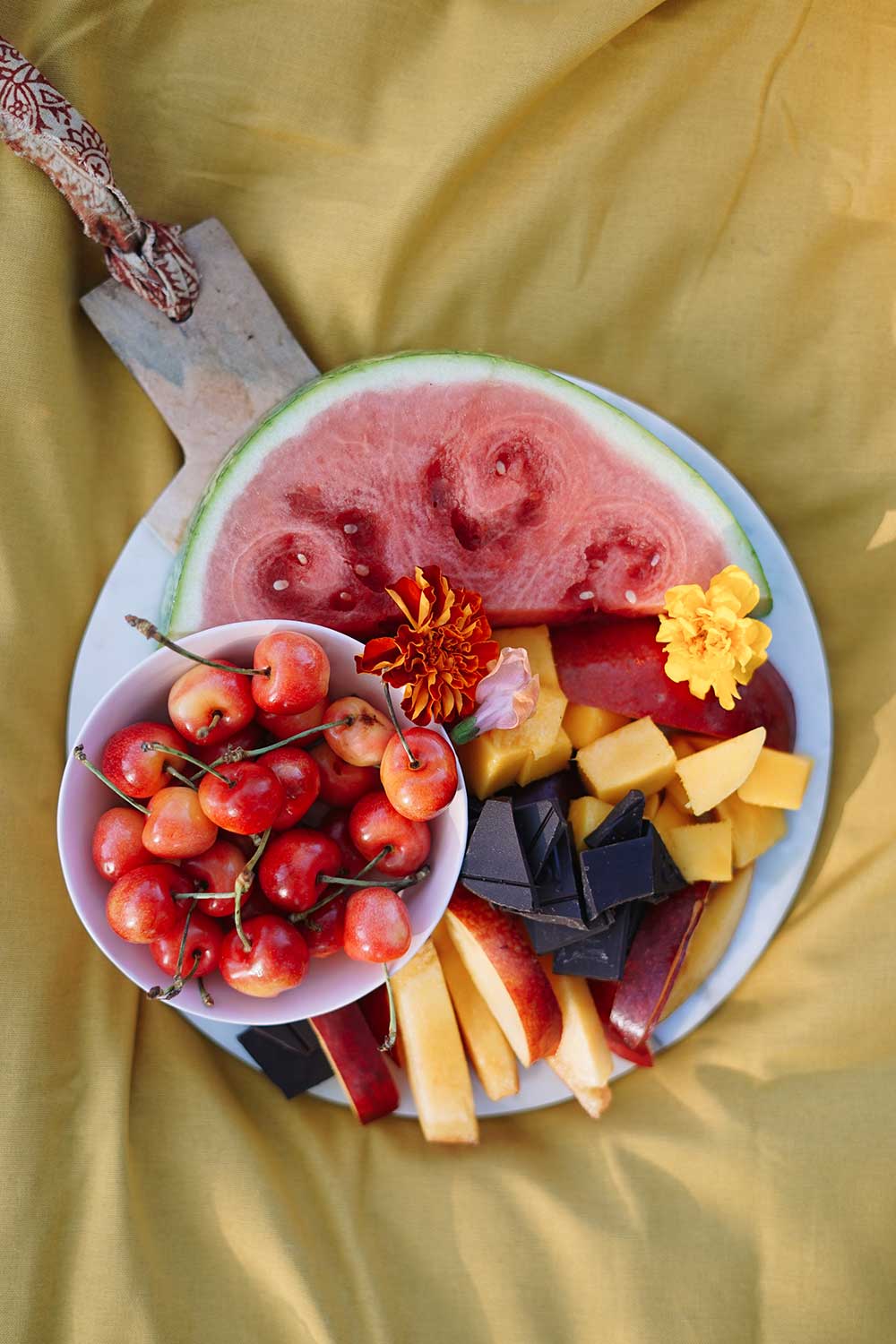Does anyone else remember the absolute hullabaloo that accompanied the launch of the Impossible burger? (While I love that a convincing vegetarian-friendly alternative was created, the whole fake blood thing weirded me out.) Its introduction ushered us into a whole new chapter of consumerism around vegan and vegetarian food brands; suddenly, fast food chains like Burger King and Taco Bell were clamoring to jump on the bandwagon.

Truth be told I was never particularly interested in vegetarian alternatives growing up. I liked burgers, and steaks, and fish sticks; but a few years ago I got the Big Ick, and meat became unpalatable. I started exploring brands that I’d always seen but never tried, and in the process fell in love with companies like Boca and Quorn. (Which in turn made me try vegan cheeses and ice creams, but god I love dairy.)
And while the convenience and accessibility of these brands makes them appealing, constantly striving for a more sustainable lifestyle means critically assessing the invisible impact they may be having on the environment. You have to ask about production, and ask, what kind of packaging do these vegetarian food brands use? Are they recyclable, compostable, or made in some way to combat plastic-waste? What other sustainability efforts are they making?
Because, while going vegan may be better for the environment in comparison to the eating cows and chickens, if everyone is greenwashing their packaging, are we really making a difference?

eco friendly vegetarian food brands
That’s why I wanted to highlight companies I found to be going above and beyond simple performative gestures. So here’s a list of brands doing their part to build a business model that factors in sustainability and eco-friendly manufacturing!
No Evil Foods
While brands like Impossible and Beyond are dominating the plant-based meat alternative market, grassroots companies like No Evil Foods are pioneering the way to eliminating plastic and packaging waste in their products. No Evil Foods uses compostable materials, and is the first company to achieve a plastic-negative plant meat.
Tache
I think one of the most horrifying millennial revelations was finding out how bad almond milk actually is for the environment. And while I have a particular soft spot for oat milks in particular, I may have to try Tache to support a female-founded company that emphasizes sustainability with its less-impactful pistachio milk and recyclable packaging.
Urban Remedy
A Certified B Corp food company, Urban Remedy offers meals, snacks, and juices made in partnership with local farmers. They package in BPA-free bottles and containers that are recyclable, and upcycled 300 lbs. of organic pulp into Urban Remedy products in 2021.
Follow Your Heart
The creators of Vegenaise, Follow Your Heart has been striving for sustainability since its creation in 1970. They’re the first plant-based manufacturing facility in the US to achieve Platinum Level Zero Waste Certification by TRUE certification, and divert over 98% of their waste from landfills through recycling, composting, etc. Their dedication to sustainability has led them to continually prioritize solar power at their manufacturing plants, and they have over 2,000 panels creating over 300,000 kWH of green energy per year.
So Delicious
If you’re unlucky enough to be lactose-intolerant, chances are you’ve enjoyed one of So Delicious’ many dairy-free products. And while they’re already doing a stellar job expanding their products to include different alternative sources like oat, cashew and coconut milk, So Delicious has also dedicated itself to being a fully recyclable, reusable or compostable company by 2025. They currently use recycled paperboard and fiber in their packaging, and are also eco-conscious with where they source their ingredients from.
What other vegan or vegetarian food brands would you add to this list?

[…] them a story about transcending the universe or limping through a bad trip. But with the rise in holistic health and natural supplements, mushrooms have taken on a whole new purpose and image in the public […]